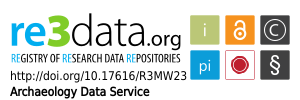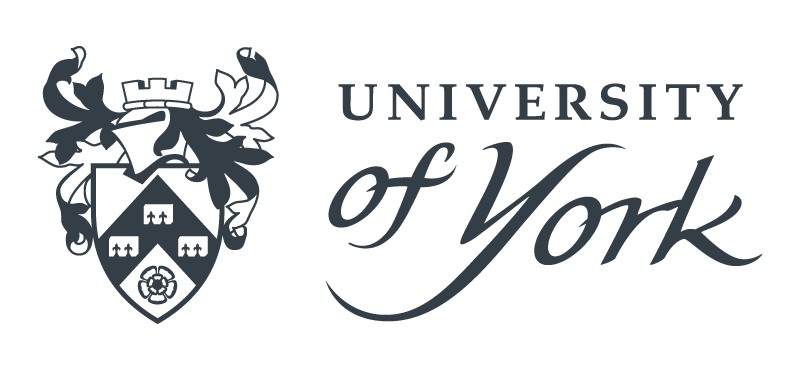Culture and Celtic Speech
John Koch, 2010. https://doi.org/10.5284/1000157. How to cite using this DOI
Data copyright © Prof John Koch unless otherwise stated
This work is licensed under the ADS Terms of Use and Access.
Primary contact
Prof
John
Koch
Senior Fellow
University of Wales Centre for Advanced Welsh and Celtic Studies
University of Wales
King Edward VII Avenue
Cathays Park
Cardiff
CF10 3NS
Wales
Tel: 01970 636543
Fax: 01970 639090
Resource identifiers
- ADS Collection: 408
- DOI:https://doi.org/10.5284/1000157
- How to cite using this DOI
Overview
Celtic Culture: A Historical Encyclopedia, edited by project leader Professor John T. Koch, was published simultaneously in print and e-book format in December 2005. As a comprehensive multidisciplinary work, the Encyclopedia exceeds in both scope and depth any resource previously available for Celtic studies, providing an up-to-date and detailed overview covering all aspects of the languages, literatures, history, archaeology, and cultures of the Celtic world from later prehistory to the present. Celtic Culture is an imposing set of five volumes, comprising 1,500,000 words (approximately), in 1,569 entries by 338 contributing experts representing the leading edge of research currently being carried out at all centres of Celtic studies around the world, with 367 illustrations, including 59 maps. A 220-page, 10,000-item bibliography in Volume 5, including both original manuscript sources and modern scholarship, is an invaluable research tool in its own right. Utility has been maximized with a clear and thorough system of internal cross-references and an 8,000-subject general index. In the final stages of the Centre's work on the Encyclopedia in 2005, Marian Hughes and Glenys Howells assisted John T. Koch with meticulous editing and proofreading of the gargantuan work, brought forward at the Centre to the point of fully typeset and designed, press-ready digital files in PDF format. Celtic Culture was launched in the Drwm in the National Library of Wales on 3 March 2006, the International Day of the Book, with keynote speeches by the Centre's Director Geraint H. Jenkins, Andrew Green, Librarian of the National Library of Wales, and Gwerfyl Pierce Jones, Director of the Welsh Books Council. Our warm thanks are due to members of the Celticity Project's Advisory Panel for the generosity and value of their input, as well as to all of the contributors and to Ron Boehm, President of ABC-Clio publishers, for his unswerving commitment to the project over its five-year life. Also to be included in the roll call of the Encyclopedia's versatile in-house team over the years are Dr Peter Busse, Anne Holley, Dr Raimund Karl, Dr Marion Löffler, Dr Antone Minard, Simon Ó Faoláin, Esther Elin Roberts, Will Slocombe, Heike Vieth, and Caroline aan de Wiel.
An Atlas for Celtic Studies [source files deposited with the ADS]
Compiled by John T. Koch in collaboration with Raimund Karl, Antone Minard, and Simon Ó Faoláin, and published in November 2007, An Atlas for Celtic Studies combines thousands of Celtic place- and group names, as well as Celtic inscriptions and other sorts of mappable linguistic evidence, with 358 archaeological distributions. Rather than selecting evidence to illustrate a preconceived narrative 'Story of the Celts', the aim of the Atlas is to empower the reader with extensive-to-exhaustive collections of a wide range of evidence, lucidly presented, to show the geographic relationship of Celtic-language and nonlinguistic cultural evidence, permitting any number of directions for future research and interpretation. The print Atlas consists of 64 oversize pages of colour maps alongside black and white pages of thorough explanatory text, theoretical discussion, references, map details, and index. Digital maps and the Geographic Information Systems (GIS) source files of the maps will be made available as disk files, which will prove an invaluable resource for archaeologists and geographers.
A Lexicon of the Celtic World [files deposited with the ADS]
The successfully completed AHRC-funded project also involved ground-breaking work on the cultural implications of the semantics of the Proto-Celtic lexicon. 'Cesair', a vast interactive English-Early Irish semantic database based on the Royal Irish Academy's Dictionary of the Irish Language and developed by Celticity Project co-director Professor James Mallory of Queen's University Belfast.






